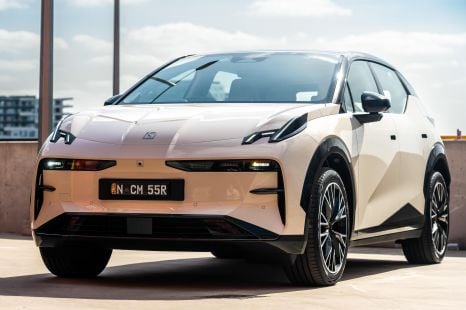

James Wong
7.9
6 Days Ago
The car that became the last Holden Commodore, the Opel Insignia, is set to become a high-riding electric liftback.

News Editor
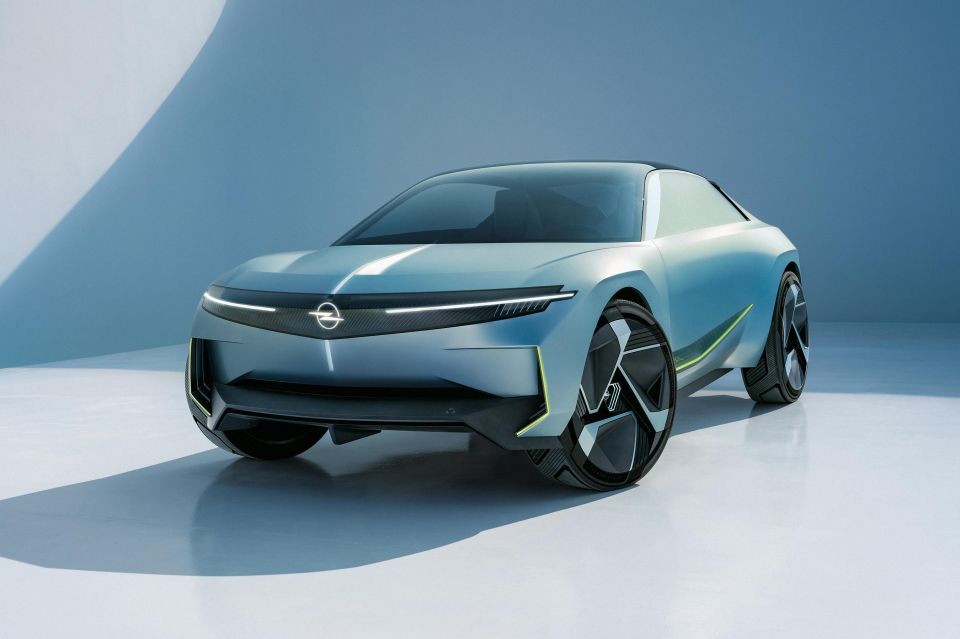

News Editor
The Opel Insignia hatch and wagon, briefly sold here as the Holden Commodore, recently ended production. But it’s set to be resurrected soon as an electric SUV.
In remarks reported by Autocar, Opel CEO Florian Huettl said the company was “quite advanced in our conceptual work on a replacement”, and the electric Insignia replacement will arrive in 2025.
“It will not be a classic D-segment car as the old Insignia was,” he said.
“We will develop it further as the market develops. The D-segment cars that we’ve made for many years will take a different shape that will be aerodynamic. They will give versatility and the charging capacity that we need. They won’t be standard.”
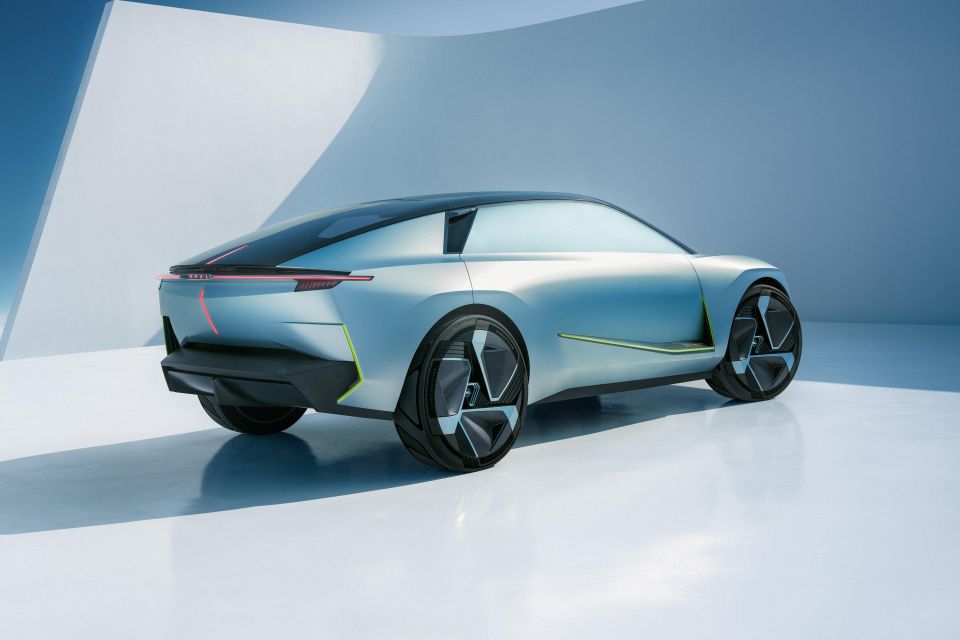
Autocar reports the Insignia replacement will have a similar shape to other Stellantis models like the Peugeot 408 and Citroen C5 X, which resemble high-riding liftbacks. Citroen, for example, claims its C5 X combines the best attributes of a sedan, wagon and SUV.
The new mid-sized Opel could feature similar design language to the Experimental concept revealed at this year’s Munich motor show.
This features unusual compass-style design elements front and rear, as well as an evolution of current ‘Vizor’ grille area seen on current Opel/Vauxhall products.
It’s set to use the new STLA Medium architecture, understood to be underpinning the upcoming Peugeot E-3008.
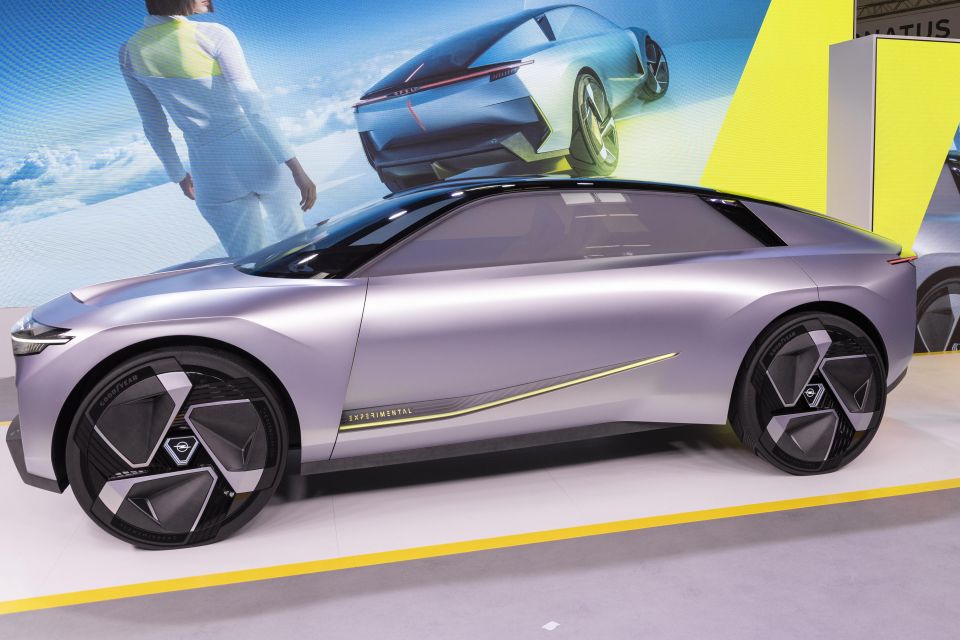
With this architecture, Stellantis is promising best-in-class range, charging time, performance, efficiency, affordability and driving pleasure.
STLA Medium models will offer single- or dual-motor powertrains with between 160 and 285kW of power.
The platform promises more than 700km of WLTP range with a ‘Performance’ battery pack, and more than 500km with a ‘Standard’ pack, with useful energy of up to 98kWh.
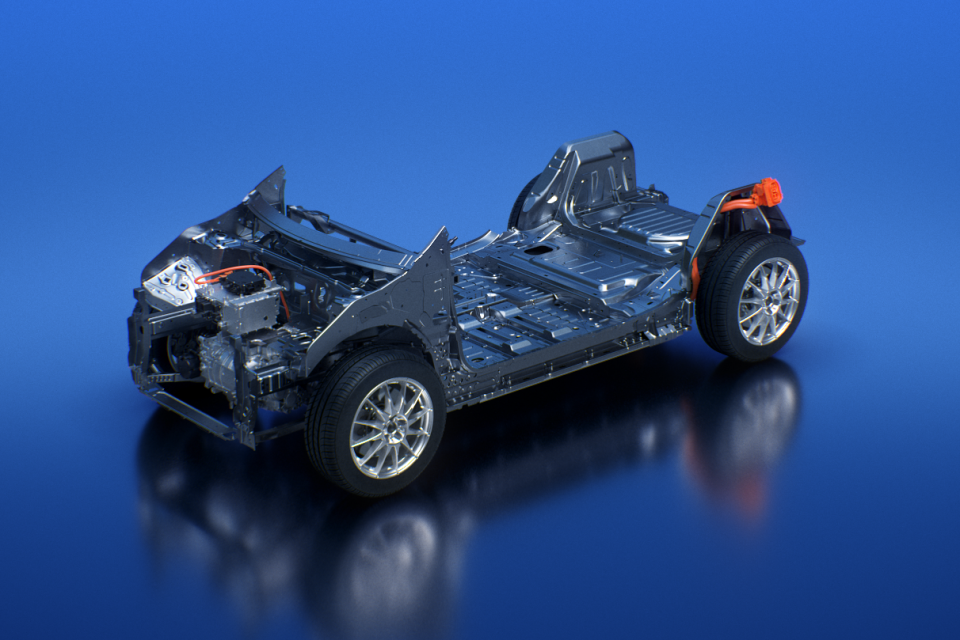
STLA Medium vehicles will use a 400V electric architecture. Depending on the application, Stellantis promises energy consumption of less than 14kWh per 100km, and the ability to charge a vehicle from 20 to 80 per cent in 27 minutes – a rate of 2.4kWh per minute.
It’s unclear whether the new car will stick with the Insignia nameplate, though Opel’s CEO has said a Corsa – Opel’s entry-level car, better known here under the Holden Barina nameplate from 1994 to 2005 – will always be called a Corsa, suggesting some familiar nameplates will live on.
Opel will only launch cars with electric powertrains from 2025, ahead of transitioning to an EV-only lineup by the end of 2028.
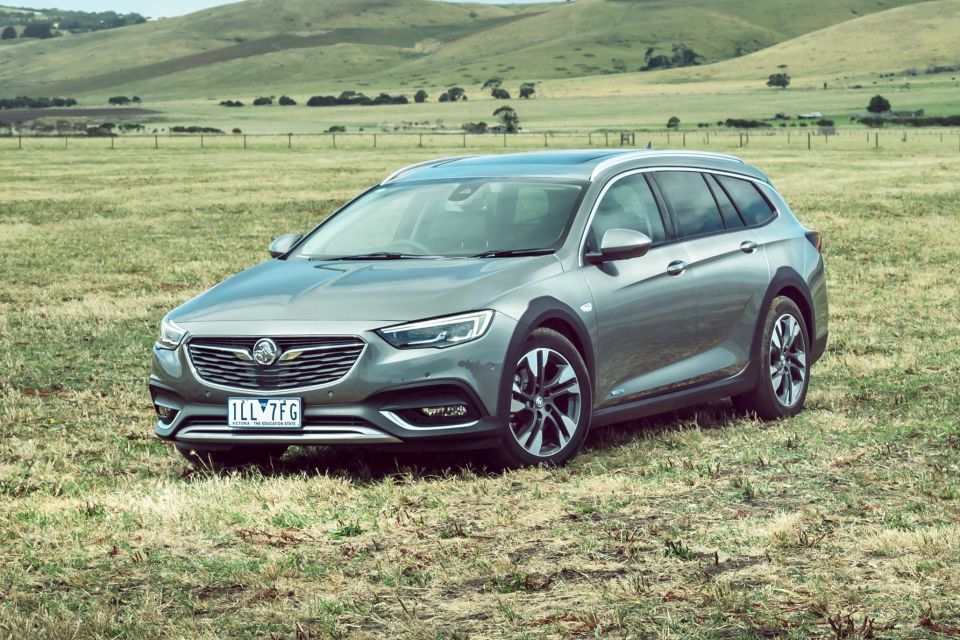
The Opel Insignia existed for two generations, replacing the Vectra that ran for three generations. The first generation was sold here as an Opel for less than a year as part of that brand’s failed launch here, before being rechristened as a Holden – albeit only in hot VXR sedan guise.
Holden had used an Opel as a starting point for multiple eras of Commodores, from the original VB-VL era to the VT-VZ era. The final ZB generation, however, was the first era of Commodore to be fully imported and was little more than a second-generation Opel Insignia.
It did feature some key differences from the European Insignia, however, including the option of a 3.6-litre V6 engine. It was sold here from 2018 until 2020, axed shortly before Holden was shuttered entirely.
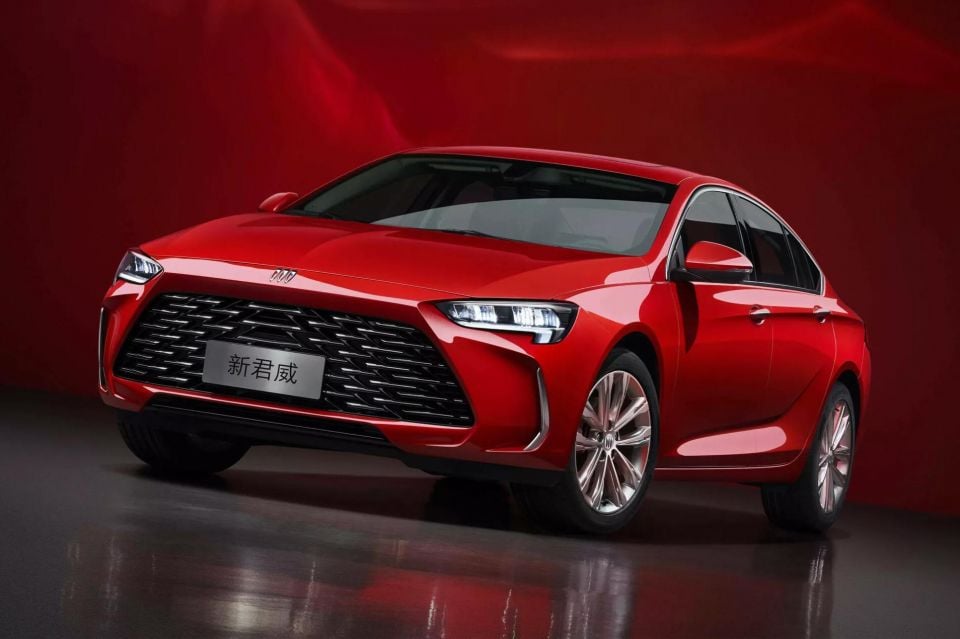
The second-generation Insignia was also sold as a Buick Regal in markets like North America, though it was similarly short-lived as General Motors sold the Opel and Vauxhall brands to Groupe PSA, which later merged with FCA to become Stellantis.
GM continues to build the Buick Regal in China, having recently received dramatic new front end styling. It’s available exclusively as a sedan, a body style not offered in the German-built Insignia, Commodore and Regal lineups.
William Stopford is an automotive journalist based in Brisbane, Australia. William is a Business/Journalism graduate from the Queensland University of Technology who loves to travel, briefly lived in the US, and has a particular interest in the American car industry.


James Wong
7.9
6 Days Ago
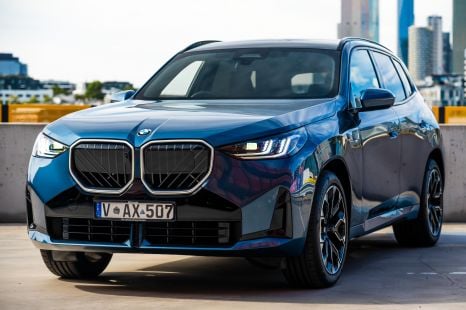

Jack Quick
8.4
5 Days Ago
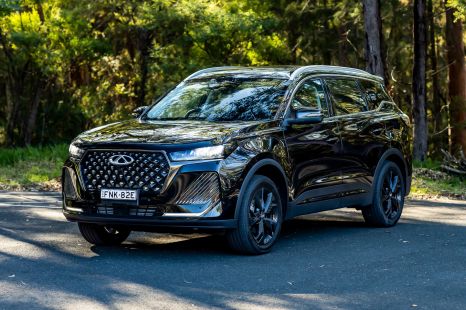

Matt Campbell
8.1
4 Days Ago
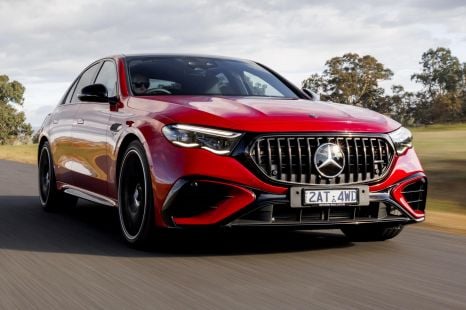

Max Davies
8
2 Days Ago
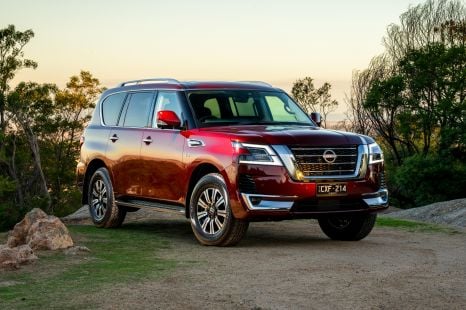

James Wong
8.1
1 Day Ago
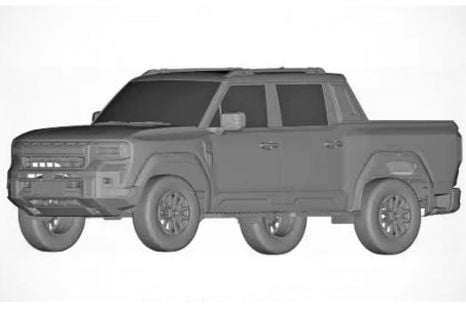

Marton Pettendy
1 Day Ago